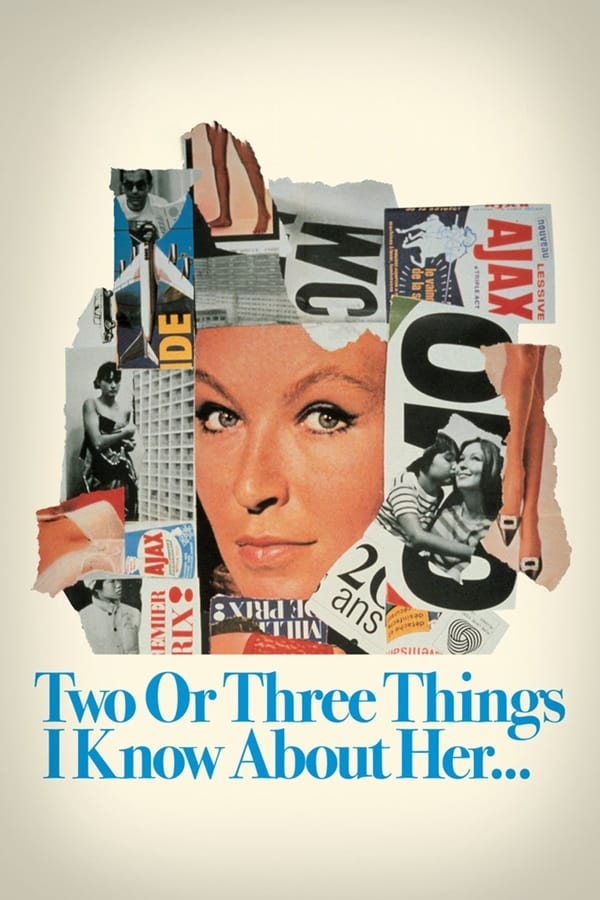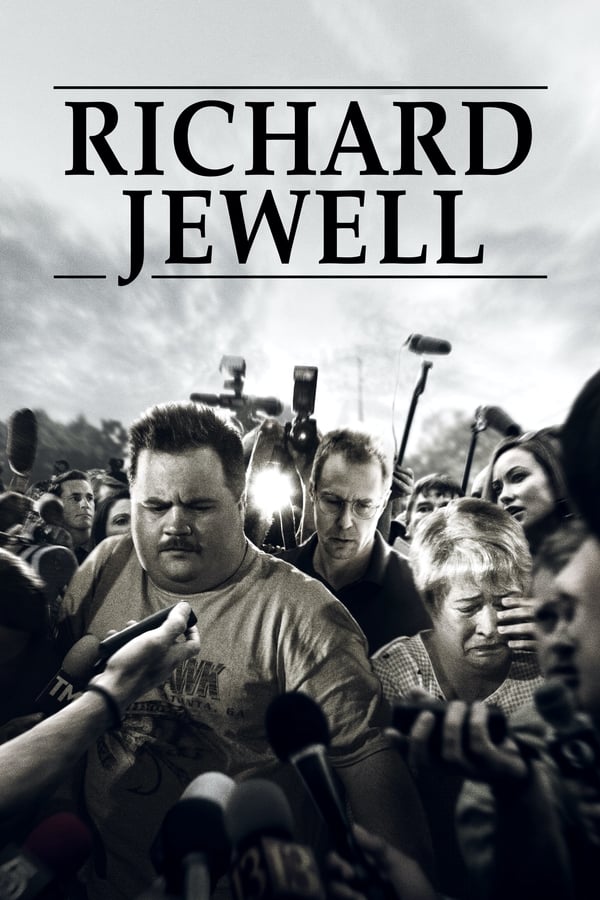Trailer
Toggle light
Comments
64 Views
Report
FavoriteIf current server doesn't work please try other servers below.
Server
Vidsrc
Server
1080P Only No ads
Server
GD
Server
StreamBucket

2 or 3 Things I Know About Her 1967 Full Movie
2 or 3 Things I Know About Her Full Movie: An Introspective Glimpse Into the Life of Juliette Janson
“2 or 3 Things I Know About Her” is a unique and thought-provoking film that offers a deep dive into the life of Juliette Janson, a Parisian housewife who also works as a prostitute. Set against the backdrop of 1960s Paris, the film presents a stark and often emotional portrayal of a woman navigating both the domestic sphere and the grim realities of contemporary society. This introspective look at her life provides not only an exploration of personal identity but also a commentary on the social and political climate of the time.
Exploring Juliette Janson’s Complex Life in “2 or 3 Things I Know About Her Full Movie”
Juliette Janson, the central character in the movie, is a complex figure. She is both a mother, wife, and a woman who occasionally works as a prostitute to supplement the family’s income. This dual existence is central to the film, offering a glimpse into the emotional and physical toll such a life can have. Her husband, Robert Janson, works at a local garage, and their life is largely supported by his salary, with Juliette’s prostitution serving as a means of financial stability. However, what stands out in the film is Juliette’s cold, emotionless approach to her work, as though she has become numb to the societal systems that exploit her body for financial gain.
The Setting of “2 or 3 Things I Know About Her Full Movie”: 1960s Paris and Global Commentary
The film is set in a rapidly changing Paris, where the city is undergoing a dramatic transformation due to the infrastructure boom. The urban landscape is depicted as increasingly modern and industrial, shifting from the historic city that once symbolized culture and romance to a cold, concrete jungle. This change in the physical environment mirrors the emotional and existential turmoil of the characters. The narrative style of the film blends personal moments with broader political and cultural commentary, especially on contemporary issues such as the Vietnam War, nuclear anxiety, and the commercialization of everyday life.
The Distant Narration and Breaking the Fourth Wall in “2 or 3 Things I Know About Her Full Movie”
One of the most distinctive features of “2 or 3 Things I Know About Her” is the use of a whispering off-screen narrator. This narrative style, which frequently breaks the fourth wall, offers insights into the characters’ inner thoughts and provides commentary on their actions and the world around them. The narrator, often believed to be Jean-Luc Godard himself, guides the audience through the film while simultaneously encouraging them to question the world Juliette inhabits. The narration serves not only as a voice of reason but also as a critical lens through which viewers can assess the larger themes at play, including the growing alienation in a modern, capitalist society.
The Intersection of Personal Struggles and Societal Commentary in the Film
Throughout the film, Juliette’s personal struggles are intertwined with larger societal issues. Her life as a housewife and prostitute is shown in a series of daily events that highlight the emotional and physical strain of living in a city that is rapidly losing its sense of humanity. The film critiques the commercialization of Paris and the way it impacts the lives of ordinary citizens. At the same time, it addresses the global tensions of the time, such as the Vietnam War and the looming threat of nuclear war. The film positions Juliette not only as a victim of her circumstances but also as a mirror to the world around her, reflecting the deep disillusionment and apathy felt by many during the 1960s.
The Significance of Juliette Janson’s Character in “2 or 3 Things I Know About Her Full Movie”
Juliette Janson, portrayed by Marina Vlady, is a symbol of emotional detachment. She seems to live in a world where personal connections have become secondary to survival. This detachment is echoed in her interactions with her family, as well as in her work. Her numbness to the world around her speaks to a larger existential crisis that the film suggests many individuals in 1960s Paris were experiencing. Juliette’s ability to compartmentalize her emotions allows her to exist in this harsh world without succumbing to it, though it also leaves her estranged from the very people she loves most.
The Symbolism of Paris in “2 or 3 Things I Know About Her Full Movie”
Paris itself plays a crucial role in the story, almost becoming another character in the film. The city’s transformation from an iconic symbol of culture to a cold, industrialized space is a metaphor for the alienation felt by Juliette and others like her. The commercialized, modern Paris reflects the emotional void that permeates the characters’ lives. The juxtaposition of the city’s changing landscape with Juliette’s personal struggles emphasizes the larger themes of the film—consumerism, the disintegration of traditional family values, and the isolation experienced in a rapidly evolving society.
Why “2 or 3 Things I Know About Her Full Movie” Remains a Relevant Cinematic Experience
Although “2 or 3 Things I Know About Her” was made over half a century ago, its exploration of alienation, capitalism, and the disillusionment of modern life remains strikingly relevant today. The film’s commentary on the disconnect between personal lives and the larger societal forces at play continues to resonate, making it an important piece of cinema for contemporary audiences. Whether through Juliette’s personal story or the broader reflections on 1960s Paris, the film offers a timeless meditation on the challenges of living in a world that seems increasingly indifferent to individual suffering.
Conclusion: Watch “2 or 3 Things I Know About Her Full Movie Today
If you’re looking for a movie that challenges conventional narratives and provides deep insights into both personal and societal struggles, “2 or 3 Things I Know About Her Full Movie” is a must-watch. Through the lens of Juliette Janson’s life, the film offers a powerful exploration of alienation, emotional detachment, and the complexities of modern life in Paris. Don’t miss the opportunity to experience this poignant film, which remains just as relevant today as it was when it was first released.
You may also like
×











